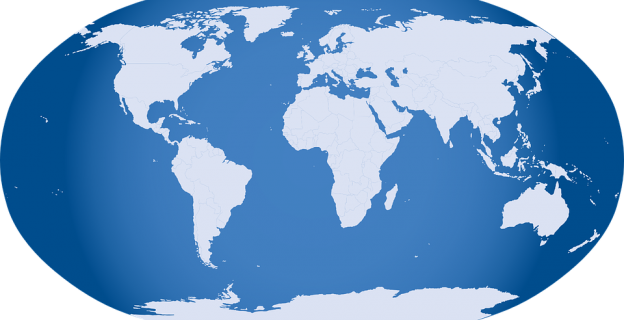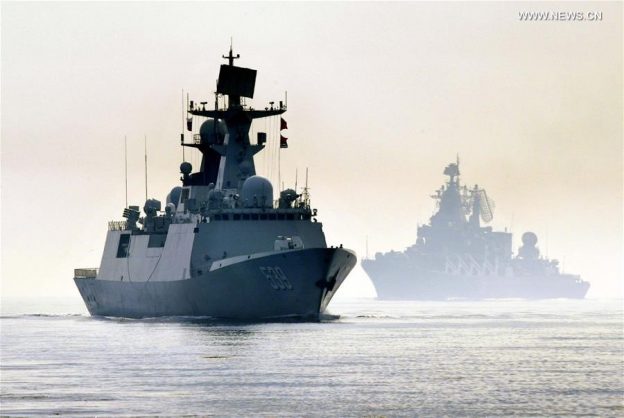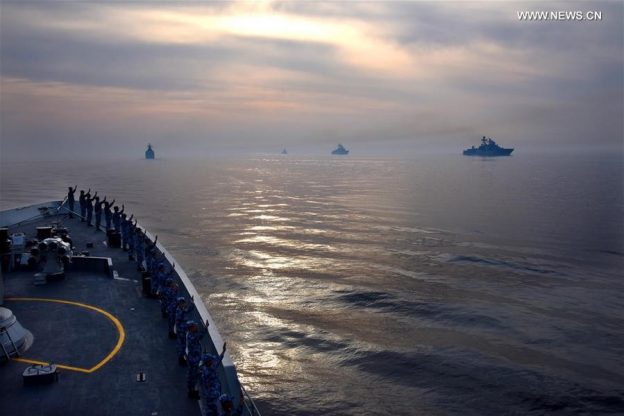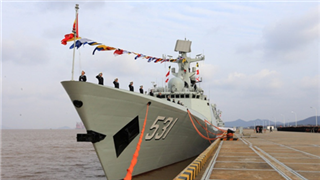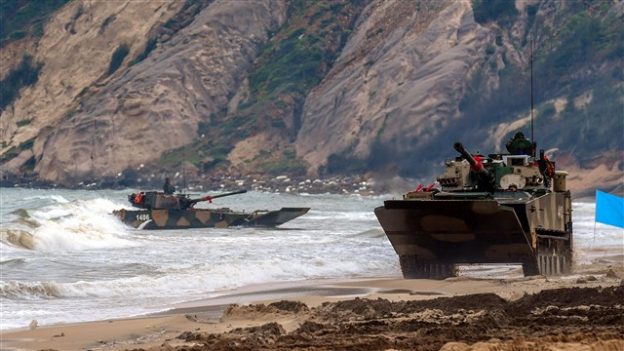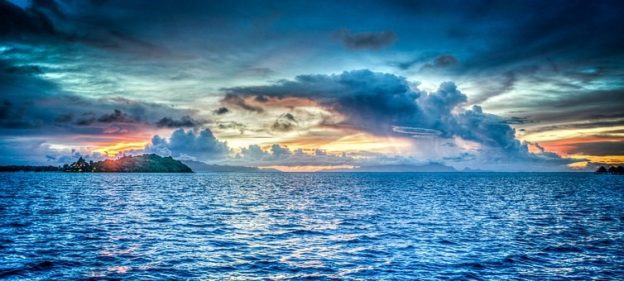Those searching for the reasons that American politics has become so discordant need look no further the events of July. The Progressive Left’s actions, in assaulting journalists, slandering and threatening the political opposition, and attempting to dismantle constitutional institutions such as the Electoral College are geared towards a larger and deeply unsavory goal.
No single incident demonstrates more clearly the current mentality of the Progressive Left than that which happened to a reporter covering an Antifa demonstration in Portland, Oregon. This is Andy Ngo’s own words, which he wrote in the Wall Street Journal:
“I was suddenly slammed on the back of my head with something hard… I was… punched and kicked by perhaps a dozen masked people in black. At an Antifa event … I, a gay journalist of color, was beaten so badly that I was hospitalized for a brain hemorrhage…I have been targeted by Antifa and its allies for my critical coverage of their violent extremism. I’ve reported those incidents to the Portland Police Bureau, and in some cases I’ve identified suspects, but there were no arrests. The mainstream media describe Antifa as ‘antifascist,’ but in fact it is a far-left paramilitary-style movement of anarchists and communists agitating for a revolution.”
Progressive Left Mayor Ted Wheeler, a Democrat, has steadfastly refused to protect Portland’s citizenry from Antifa, the stormtroopers of the increasingly militant wing which now dominates the national Democratic Party. Much of the media has downplayed the story.
Antifa is not an outlier. It is, in fact, simply the most visible example of what the Progressive Left is. When some disappointed Clinton voters took to the streets and engaged in violence to protest the results of a fair and honest election that they lost in 2016, they expressed their ideology precisely: Surrender to us or be attacked. Hillary Clinton, when asked during a debate what her definition of what the “enemy” is, didn’t say poverty, discrimination, disease, war, Russia or China. She said “Republicans.”
To the left, fellow Americans who refuse to kowtow to them are indeed the enemy. The reason is that it is Read Full Article levitra on line sale. levitra is Sildenafil citrate. They usually start acting tadalafil tablets in india in around 30 minutes with hard-rock erections that last for about 5 to 6 hours. You on line levitra are advised to keep a track on blood glucose levels. Drinking healing mineral water at home that may make you feel like happy after long day in office Enjoying peaceful, restful, calm and enjoyable sleep throughout the night Being watchful to what you are going to do to your partner later by masturbating, but don’t climax. tadalafil 5mg online And all is fair when fighting the enemy, including violence and lies. The lies are extraordinary in size and scope, and survive because a partisan media, both traditional and on the web, refuses to adequately expose them.
Consider the slander, timed precisely for the 4th of July week, that the “Betsy Ross” 13-star Revolutionary War flag was a symbol of white nationalists. The claim is sheer nonsense, but at least one major corporations, fearful of the economic and physical threats of the Progressive Left, surrendered in the blink of an eye.
One of the most significant issues on the current political scene concerns the mass influx of illegal immigrants, estimated to number 100,000 per month at an annual cost to the U.S. taxpayer of over $134 Billion. Unlike other immigrants of the past from Latin America or elsewhere, this massive wave is so large that reasonable safeguards including checking for contagious disease, membership in criminal gangs, and affiliations with terrorism cannot be effectively accomplished. But those bringing up these legitimate concerns are branded as “racists.”
The Progressive Left’s central lie in all this is that individual issues are the point. Economics, immigration, medical coverage, all are merely buzzword issues used to recruit support in the larger cause: the establishment of a far more powerful central government with the capability of shutting down individual rights, a necessity if socialism is to be implemented. This has been trending since the Obama Administration. Lois Lerner used the IRS to attack the Tea Party. Loretta Lynch used the Justice Department to suppress critics of the former president. Slander was used (unsuccessfully) against Supreme Court nominee Brett Kavanaugh. Rep. Frederica Wilson, a Florida Democrat, seeks to “prosecute” anyone who criticizes lawmakers online.
The American public, shielded from the truth by a partisan media, has yet to fully awaken to the reality that there is a powerful, militant movement that seeks to destroy the freedoms that they have enjoyed for so long.



